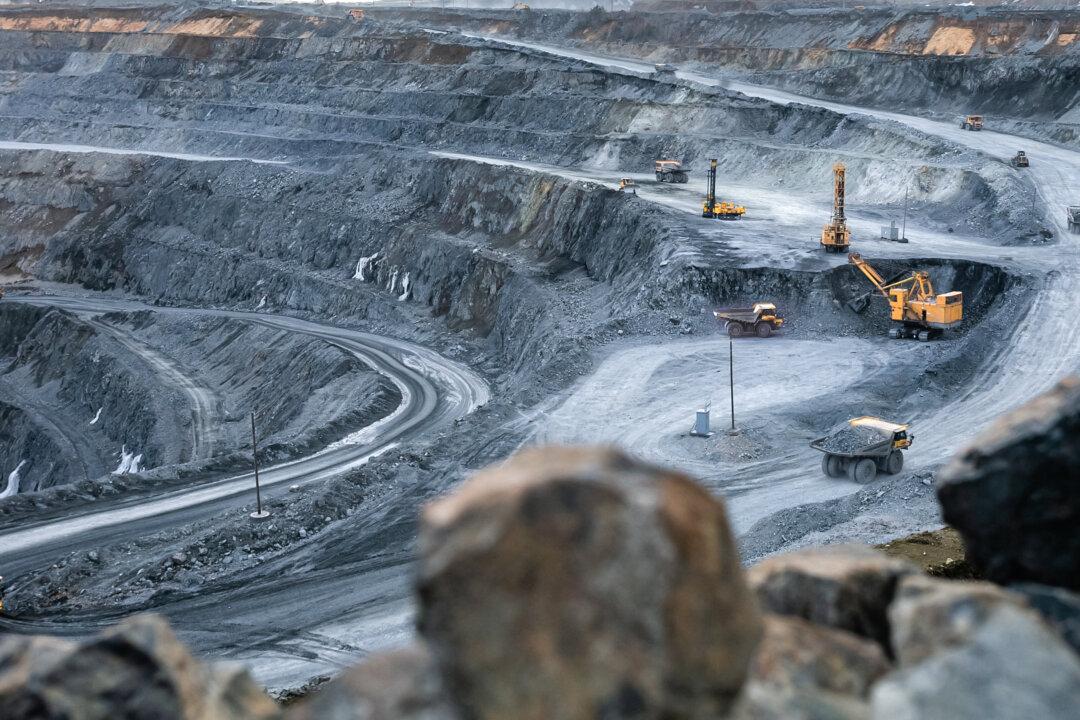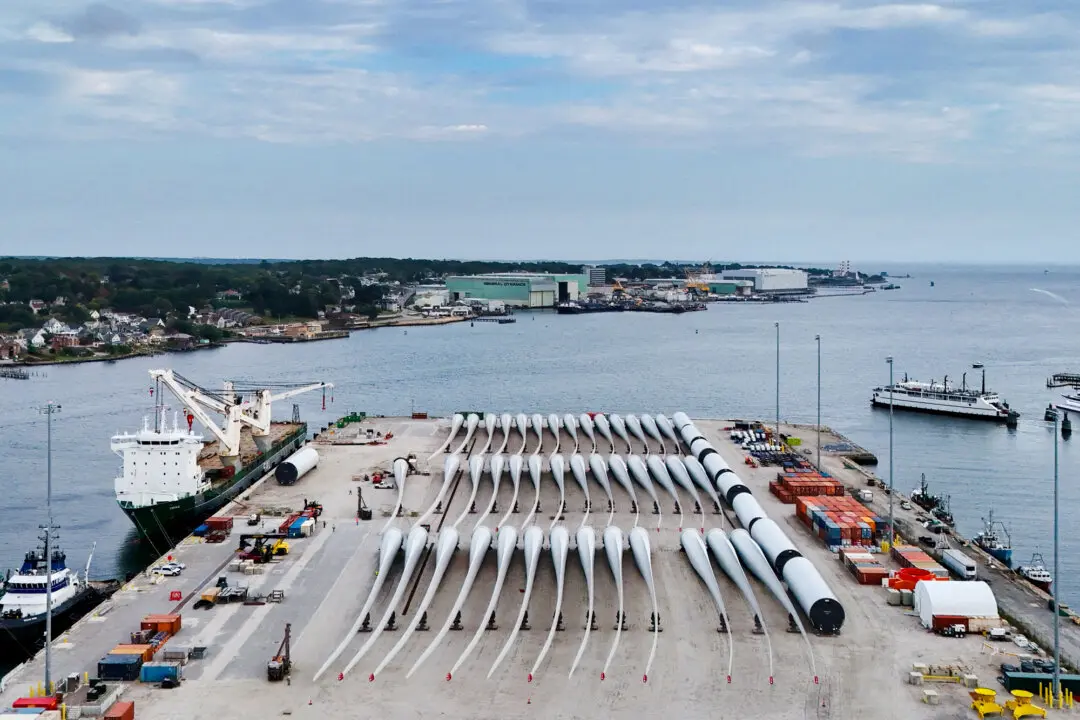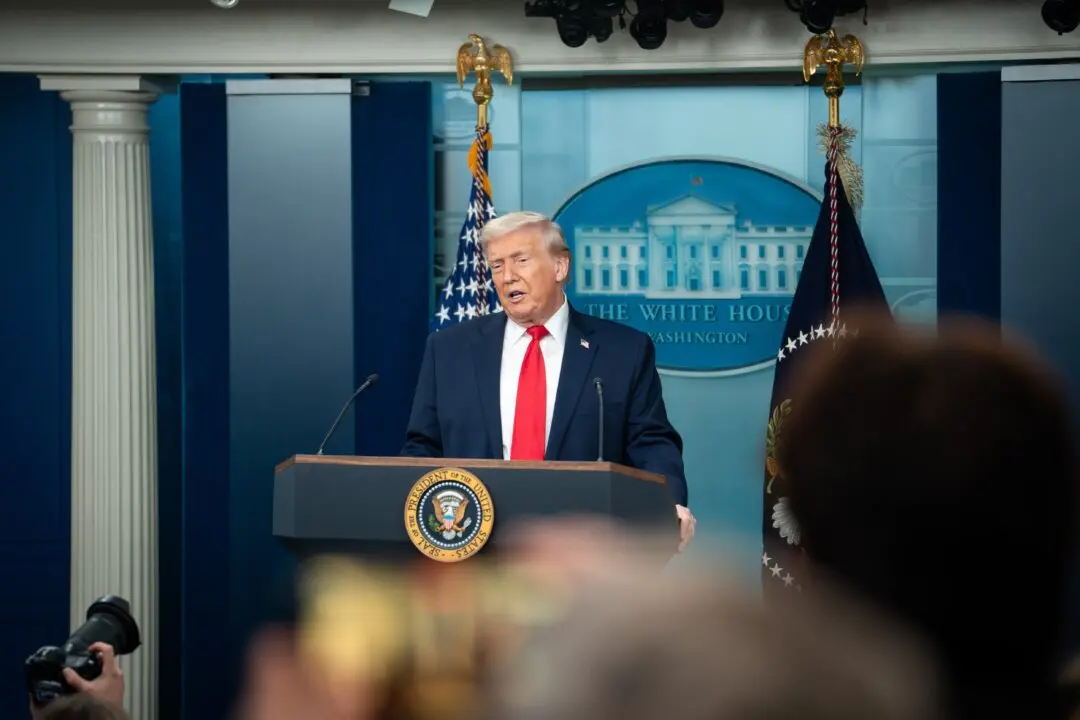As the Democrat-controlled Senate lines up the party-line votes to pass the Inflation Reduction Act, featuring $369 billion in new federal spending for wind, solar, and electric vehicles (EVs), environmentalists are uncertain whether to cheer or weep.
If passed, the bill would be a victory for advocates of “renewable” energy and the elimination of fossil fuels. However, as is always the case with energy economics, the investment in renewables would come with an environmental cost: an enormous expansion of mining projects to extract the raw materials for solar panels, wind turbines, and electric batteries out of the earth.





